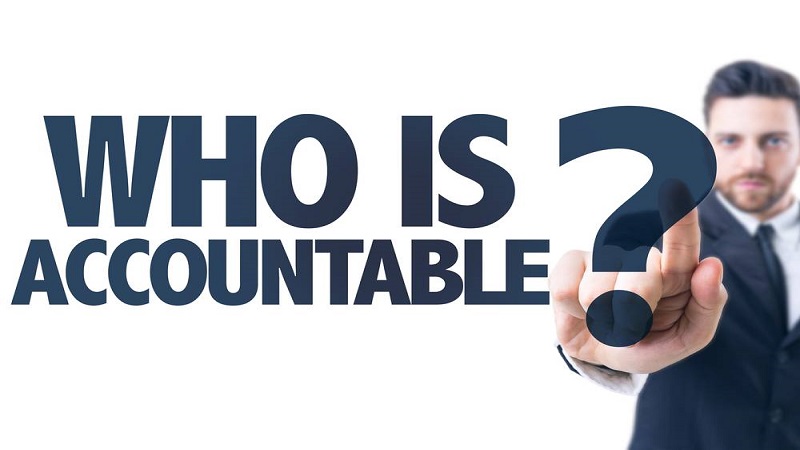Ashutosh Ashok Parasrampuriya & Anr. V. M/S. Gharrkul Industries Pvt. Ltd. & Ors [Criminal Appeal No(S). 1206 of 2021]
For issuance of summons on directors it is necessary to show Directors as responsible for the conduct of the business of the company
RELEVANT PARAGRAPH
24. The issue for determination before us is whether the role of the appellants in the capacity of the Director of the defaulter company makes them vicariously liable for the activities of the defaulter Company as defined under Section 141 of the NI Act? In that perception, whether the appellant had committed the offence chargeable under Section 138 of the NI Act?
25. We are concerned in this case with Directors who are not signatories to the cheques. So far as Directors who are not the signatories to the cheques or who are not Managing Directors or Joint Managing Directors are concerned, it is clear from the conclusions drawn in the aforestated judgment that it is necessary to aver in the complaint filed under Section 138 read with Section 141 of the NI Act that at the relevant time when the offence was committed, the Directors were in charge of and were responsible for the conduct of the business of the company.
26. This averment assumes importance because it is the basic and essential averment which persuades the Magistrate to issue process against the Director. That is why this Court in S.M.S. Pharmaceuticals Ltd. (supra) observed that the question of requirement of averments in a complaint has to be considered on the basis of provisions contained in Sections 138 and 141 of the NI Act read in the light of the powers of a Magistrate referred to in Sections 200 to 204 CrPC which recognise the Magistrate’s discretion to take action in accordance with law. Thus, it is imperative that if this basic averment is missing, the Magistrate is legally justified in not issuing process.
27. In the case on hand, reading the complaint as a whole, it is clear that the allegations in the complaint are that at the time at which the cheques were issued by the Company and dishonoured by the Bank, the appellants were the Directors of the Company and were responsible for its business and all the appellants were involved in the business of the Company and were responsible for all the affairs of the Company. It may not be proper to split while reading the complaint so as to come to a conclusion that the allegations as a whole are not sufficient to fulfil the requirement of Section 141 of the NI Act. The complaint specifically refers to the point of time when the cheques were issued, their presentment, dishonour and failure to pay in spite of notice of dishonour. In the given circumstances, we have no hesitation in overruling the argument made by the learned counsel for the appellants.
